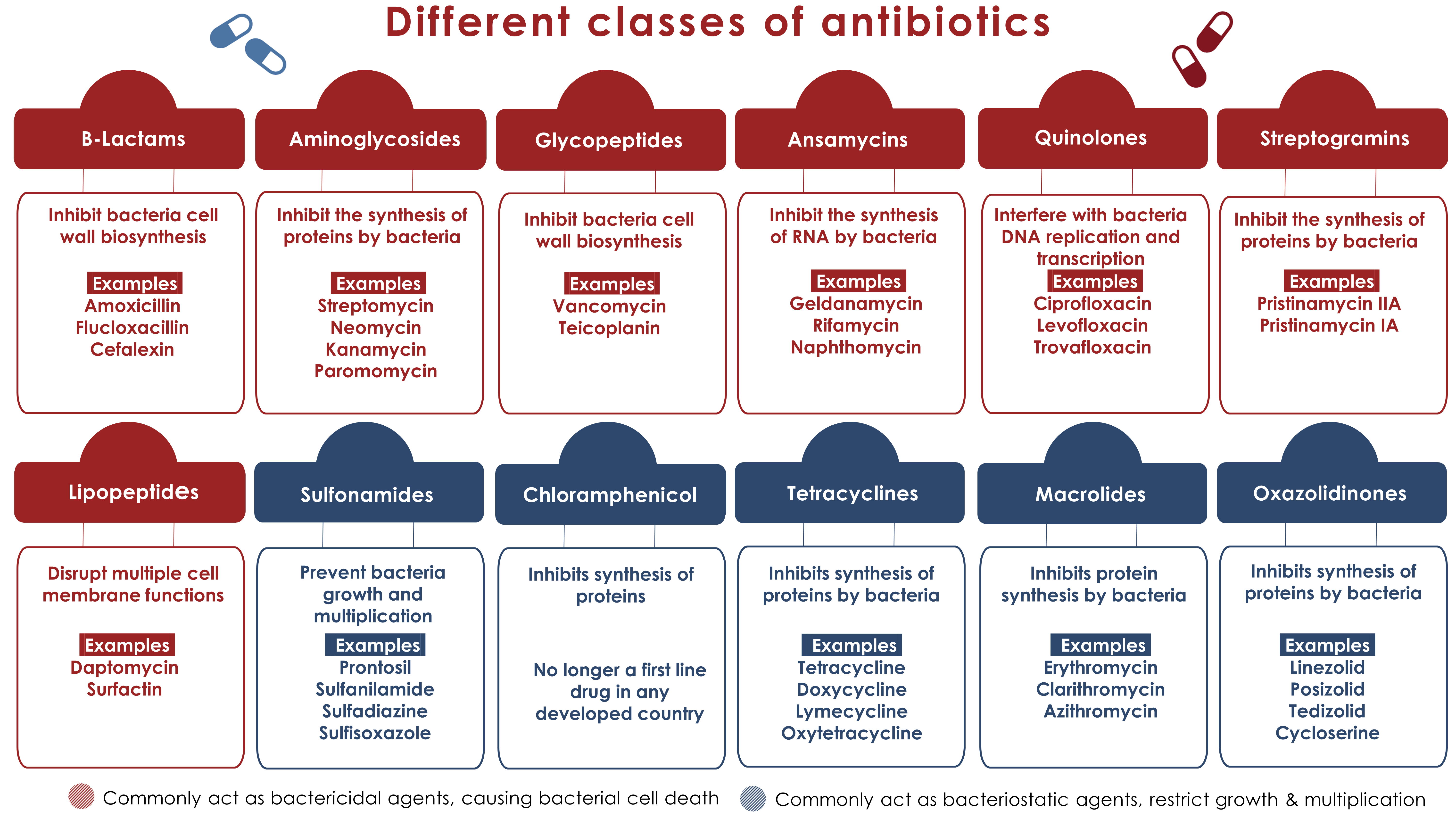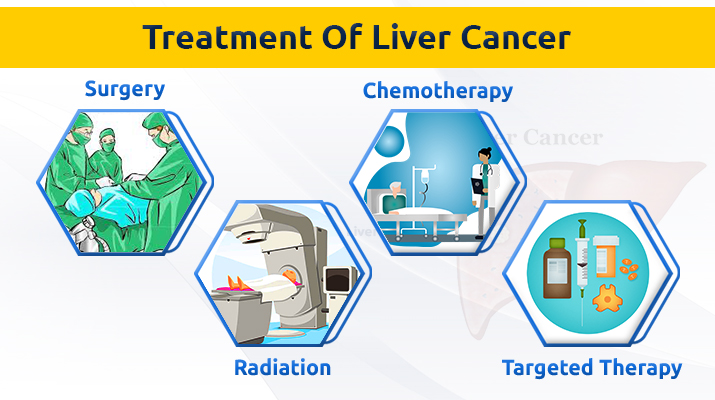In the face of escalating drug-resistant infections, the emergence of a new class of antibiotics offers a beacon of hope. Kinvard Bio, a pioneering biotech startup, is at the forefront of this revolutionary approach, leveraging advanced synthetic chemistry to develop novel compounds that target the bacterial ribosome. With antibiotic resistance posing a critical global health challenge, these innovative antibiotics show considerable promise against stubborn pathogens that have long evaded traditional treatments. As we revisit the fundamentals of antibiotic efficacy, Kinvard Bio’s work not only aims to combat existing resistant strains but also to lay the groundwork for future solutions that safeguard public health. In a world where the effectiveness of existing treatments is declining, the new class of antibiotics could be pivotal in the fight against infectious diseases and will be crucial in defining the future landscape of medical therapeutics.
Addressing the ongoing challenge of antimicrobial resistance, Kinvard Bio is paving the way for groundbreaking advancements in antibiotic development. Often referred to as novel therapeutic agents, these innovative medications aim to tackle stubborn bacterial strains that have grown resistant to existing drugs. By focusing on the intricacies of bacterial ribosome structure and function, this emerging class of antibiotics represents a crucial evolution in our approach to fighting infections. The integration of sophisticated synthetic techniques not only enhances the potency of these agents but also opens new avenues for effective treatment options. With a dedication to combating the global health crisis of drug resistance, Kinvard Bio’s efforts may signal a new era in the battle against infections that require urgent and capable medical interventions.
The Crisis of Antibiotic Resistance
Antibiotic resistance is rapidly becoming one of the most pressing public health threats worldwide. As bacteria evolve and develop mechanisms to evade the action of existing antibiotics, the effectiveness of these crucial medications diminishes. The World Health Organization reports that antibiotic resistance was linked to over a million deaths in 2019 alone, highlighting the need for urgent intervention. This crisis has escalated to a point where even common infections that were once easily treated can now pose life-threatening risks.
The primary challenge in combating antibiotic resistance lies in the ability of bacteria to adapt and alter their cell structures. For instance, many harmful bacteria can modify the binding sites targeted by antibiotics or actively expel these drugs from their cells. This continual arms race between microbial evolution and pharmaceutical innovation illustrates the necessity for new classes of antibiotics that can outsmart these resistant pathogens. Addressing this multifaceted crisis requires not only innovative solutions but also a global commitment to antibiotic stewardship.
Frequently Asked Questions
What is Kinvard Bio and how does it relate to the new class of antibiotics?
Kinvard Bio is a biotechnology startup originating from Harvard University, focused on developing a new class of antibiotics designed to combat drug-resistant infections. By utilizing innovative synthetic chemistry, Kinvard Bio aims to create effective treatments for bacterial diseases that current antibiotics can no longer address.
How do Kinvard Bio’s antibiotics differ from traditional antibiotics?
Kinvard Bio’s new class of antibiotics, known as oxepanoprolinamides, is specifically engineered to target the bacterial ribosome with a unique binding mechanism. This differentiated approach aims to overcome antibiotic resistance, making these compounds potentially effective against pathogens that have developed resistance to existing antibiotics.
What types of infections are Kinvard Bio’s new antibiotics aimed at treating?
The new class of antibiotics being developed by Kinvard Bio targets a range of infections associated with significant unmet medical needs, including bacterial pneumonia, complicated urinary tract infections, and chronic respiratory infections. These antibiotics are crafted to address infections that are particularly resilient to current treatments.
Why is there a need for a new class of antibiotics like those being developed by Kinvard Bio?
The critical need for a new class of antibiotics stems from the growing problem of antibiotic resistance, which leads to treatment failures and increased mortality from infections. Kinvard Bio’s initiative is a response to the alarming decrease in new antibiotics being approved, with the aim of reintroducing effective treatments for drug-resistant infections.
What role does synthetic chemistry play in the development of Kinvard Bio’s antibiotics?
Synthetic chemistry is central to Kinvard Bio’s approach, enabling the precise design and assembly of their new antibiotic compounds. The research team at Harvard’s Myers Lab leverages this discipline to create highly optimized molecules that can effectively bind to the bacterial ribosome, thus enhancing the potential efficacy against antibiotic-resistant pathogens.
What progress has Kinvard Bio made in developing their new antibiotics?
Kinvard Bio has made significant strides in developing their new antibiotics, having completed early preclinical studies that show their compounds are effective against a wide variety of drug-resistant bacteria. The company is now focused on advancing these candidates into human clinical trials, with support from notable funding sources like CARB-X.
What impact does Kinvard Bio hope to have on antibiotic resistance with their new class of antibiotics?
Kinvard Bio aims to revolutionize the fight against antibiotic resistance by providing a novel treatment option that effectively targets drug-resistant infections. Their innovative oxepanoprolinamides are designed to tackle bacteria that have evaded existing antibiotics, thus contributing to the global effort to manage and combat antibiotic resistance.
How does Kinvard Bio plan to deliver their new antibiotics to patients?
Kinvard Bio is developing both intravenous and oral formulations of their new antibiotics to ensure effective delivery to patients. Oral antibiotics, in particular, can help reduce hospital admissions and the duration of hospital stays, minimizing the risk of additional infections.
What are the potential long-term benefits of Kinvard Bio’s new antibiotics for public health?
The long-term benefits of Kinvard Bio’s new antibiotics include addressing the dire need for effective treatments against drug-resistant infections, ultimately reducing mortality rates associated with such infections and improving health outcomes. By innovating in antibiotic development, Kinvard Bio could play a crucial role in advancing public health safety.
| Key Points | Details |
|---|---|
| Kinvard Bio Co-founder | Ben Tresco is involved in developing a new class of antibiotics. |
| Focus on Drug-resistant Bacteria | Targeting infections due to increasing resistance to antibiotics. |
| Historical Context | Penicillin, introduced in the 1940s, was the first widely used antibiotic, marking the beginning of the antibiotic age. |
| Antibiotic Resistance Crisis | Antibiotic resistance led to over a million deaths worldwide in 2019. |
| Limited New Antibiotic Approval | Only a dozen antibiotics were approved globally from 2017 to 2022. |
| Kinvard Bio’s Antibiotic Development | The research focuses on oxepanoprolinamides that target the bacterial ribosome. |
| Funding and Support | Supported by Harvard’s Blavatnik Biomedical Accelerator and CARB-X. |
| Research Goals | Aim to develop treatments for various infections, including bacterial pneumonia and UTIs. |
| Next Steps | Transition to human clinical trials for testing the new antibiotics. |
Summary
The new class of antibiotics being developed by Kinvard Bio represents a significant advancement in the fight against antibiotic resistance. With a focus on innovative compounds that target the bacterial ribosome, this effort aims to combat infections that have become resilient to existing treatments. Given the alarming rate of antibiotic resistance and the urgency for new therapies, the work at Kinvard Bio is not just timely but also essential to restoring effective treatment options for drug-resistant infections. As research progresses toward clinical trials, the potential impact on global health could be profound, marking a hopeful turn in the ongoing battle against one of the greatest challenges in modern medicine.




